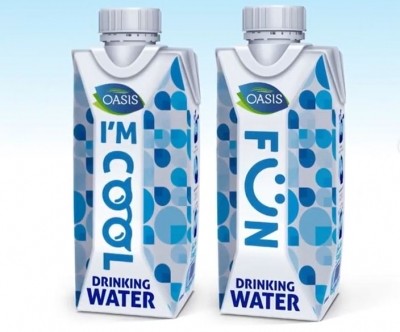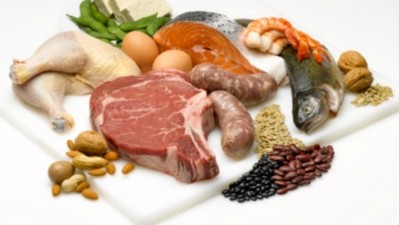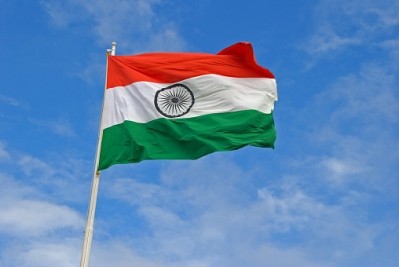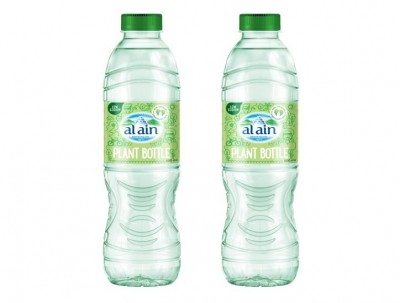COVID-2019: Egypt and Jordan suspend import of Chinese food products, Saudi and UAE remain calm
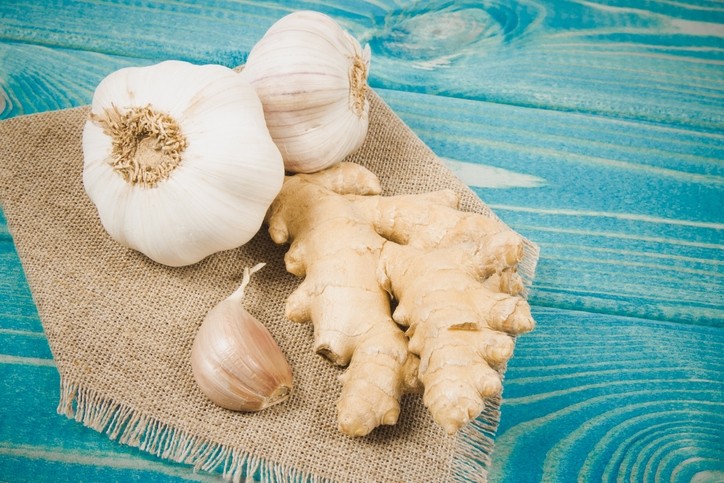
Jordan implemented a temporary import ban on February 2 for all animal and plant-based products from China.
Karim Al-Hussami, director of licensing at Jordanian Agriculture Ministry said in a media statement: “Import licenses from China have been suspended until further notice. This will be reviewed in the coming period when things stabilise.”
In Egypt, the Vegetables and Fruits Division of the Cairo Chamber of Commerce officially announced on February 9 that imports of garlic, carrot and green ginger from China would be temporarily suspended.
Earlier on February 2, Egypt Today reported that several Egyptian importers had already suspended signing deals to import Chinese garlic due to COVID-2019 before the official announcement.
The head of the vegetables and fruits division at the Chamber of Commerce, Hatem Naguib had soothed worries from consumers about the current supply of garlic in the country. He affirmed that Chinese garlic circulating in the Egyptian market is safe as it had entered the country before the rise of the virus and was subjected to screening by the General Organization For Export and Import Control.
The division also stressed that all vegetable and fruits in Egypt are either locally- or European-produced including Chinese mandarin, which contrary to its name, does not come from China and has been cultivated in Egypt for the past 10 years.
China is the world’s largest garlic producer, contributing 40% of the global production. Egypt on the other hand make up only 1% of global garlic production.
Outside of Middle East, Bangladesh has also banned the import of garlic from China, turning instead to Malaysia and Egypt.
UAE and Saudi Arabia say food is safe
Alpen Capital estimates that GCC imports around 85% of its food due to limited arable land, lack of fresh water and arid climate conditions.
While some Middle Eastern markets have reacted drastically to the coronavirus fears, the UAE is remaining calm.
Kamal Vachani, group director of Al Maya Group told Khaleej Times: “The UAE food industry is not dependent on China. We mainly source foods from India. Garlic and ginger were being sourced from China but we are now shifting to India. Some vegetables are coming from Jordan. Most of the can foods are also manufactured locally here in Sharjah. To my best of knowledge, food consumed here is safe as it is not imported from China.”
In Saudi Arabia, Feng Kai, spokesperson for the Embassy of China in KSA told Al Arabiya: “Given the custom inspections conducted by both export and import countries, there is no scientific evidence so far that indicates products imported from China could carry the new coronavirus. It’s believed that Chinese products are safe for use.”
The virus has since killed more than 2000 people globally with most fatalities in China, and infected more than 75,000. The virus is believed to have originated from a market selling wild animalsin Wuhan city.
